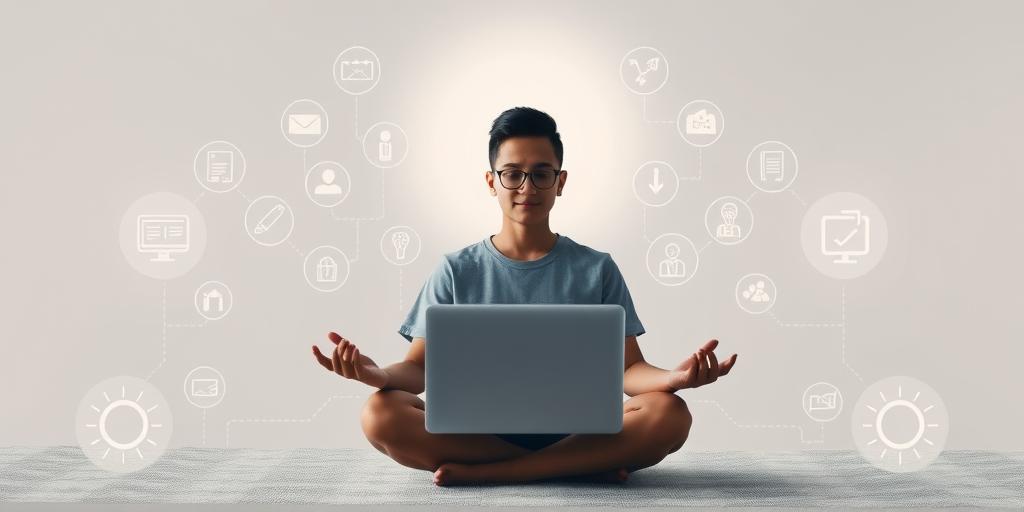The Mental Well-being of Content Creators (2025)
The digital landscape has seen an explosion of content creation in recent years. As we move into 2025, it’s crucial to examine the mental well-being of those who fuel this ever-evolving ecosystem. Content creators, ranging from YouTubers and bloggers to social media influencers and digital artists, face unique challenges that can significantly impact their mental health.
The Pressures of the Digital World
Content creators often operate in a high-pressure environment characterized by:
- Constant Content Creation: The need to consistently produce fresh, engaging content can lead to burnout.
- Public Scrutiny: Creators are constantly under the gaze of their audience, which can result in anxiety and self-doubt.
- Monetization Pressures: The pursuit of income through ad revenue, sponsorships, and other means can create financial stress.
- Algorithm Dependence: Changes in platform algorithms can impact visibility and revenue, leading to uncertainty and frustration.
Common Mental Health Challenges
These pressures can manifest in various mental health issues, including:
- Anxiety and Depression: The constant pressure to perform and the fear of negative feedback can trigger anxiety and depression.
- Burnout: The relentless pace of content creation can lead to emotional, physical, and mental exhaustion.
- Imposter Syndrome: Creators may feel like they are not good enough or that their success is undeserved.
- Social Isolation: Spending long hours creating content can lead to social isolation and loneliness.
Strategies for Maintaining Mental Well-being
To mitigate these challenges, content creators can adopt several strategies:
- Set Realistic Goals: Avoid overcommitting and set achievable content creation goals.
- Establish Boundaries: Create clear boundaries between work and personal life to prevent burnout.
- Practice Self-Care: Engage in activities that promote relaxation and well-being, such as exercise, meditation, or hobbies.
- Seek Support: Connect with other creators or mental health professionals for support and guidance.
- Manage Social Media Use: Limit exposure to negative comments and comparison with others.
The Role of Platforms and Communities
Platforms and online communities also have a crucial role to play in supporting the mental well-being of content creators. This includes:
- Providing Mental Health Resources: Platforms can offer access to mental health resources and support services.
- Promoting Positive Online Culture: Encouraging respectful and constructive interactions can help reduce online harassment and negativity.
- Offering Fair Compensation: Ensuring creators are fairly compensated for their work can alleviate financial stress.
- Fostering Community Support: Creating spaces for creators to connect, share experiences, and support each other can combat social isolation.
Looking Ahead
As content creation continues to grow, it’s essential to prioritize the mental well-being of creators. By understanding the challenges they face and implementing effective strategies, we can help ensure a healthy and sustainable digital ecosystem.
